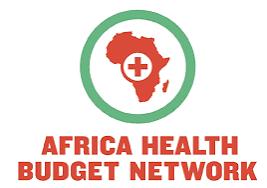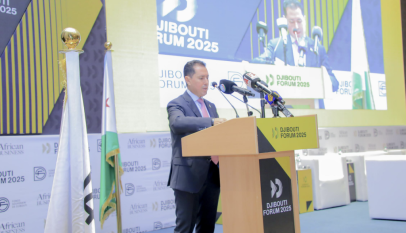AHBN partners AFENET, GAVI to Mitigate Zero-Dose Immunization in Kano
The African Health Budget Network (AHBN), in collaboration with the African Field Epidemiology Network (AFENET) and with support from Global Alliance for Vaccine and Immunization (GAVI), has embarked on a project aimed at addressing zero-dose immunization among children in Kano State.

The project, titled “Zero Dose Learning,” is focused on improving immunization coverage, particularly for children who have not received any vaccinations from birth to five years old.
Dr. Musa Mohammed Bello, the AHBN’s Kano state focal person, emphasized the global recognition of immunization as a vital public health tool for reducing infant and child mortality and preventing childhood diseases.
Dr Bello highlighted that a federal government study had identified about 100 local governments in Nigeria with a high burden of unvaccinated children, commonly referred to as zero-dose children. “15 of these local governments are in Kano, contributing significantly to the national total, with Kano alone accounting for approximately 70% of unvaccinated children in the country.
“This initiative aims to enhance the capacity of Kano’s government, particularly through primary health care management, to increase routine immunization. The project focuses on mobilizing resources locally and internationally to address funding gaps in immunization and tracking budget allocations to ensure efficient utilization,” he said.
Dr Bello added that the project commenced with extensive interactions with the state government, municipal authorities, and primary health care providers. According to him, two local governments, Kumbotso and Sumaila, were selected for pilot interventions, representing one urban and one rural area. To tackle these issues, he pointed out that the project aims to generate demand for immunization services through community sensitization and advocacy.
To further achieve its goals, he said the project is establishing a Community of Practice, a group comprising civil society organizations, government officials, development partners, media, and community representatives. Its mandate is to discuss challenges and propose solutions as well as advocate for increased immunization funding and better immunization practices.
Salisu Yusuf, a member of the project team, underscored the collaborative effort necessary to address the high number of zero-dose children in Kano and stressed the importance of pooling domestic and international resources to effectively implement the project.
Yusuf said zero-dose children is a significant challenge in both metropolitan and rural areas of Kano. “This concerted effort by AHBN, AFENET, and GAVI represents a pivotal step in mitigating the number of zero-dose children in Kano State, ultimately aiming to reduce the incidence of preventable childhood diseases and improve overall public health outcomes,” Yusuf said.










